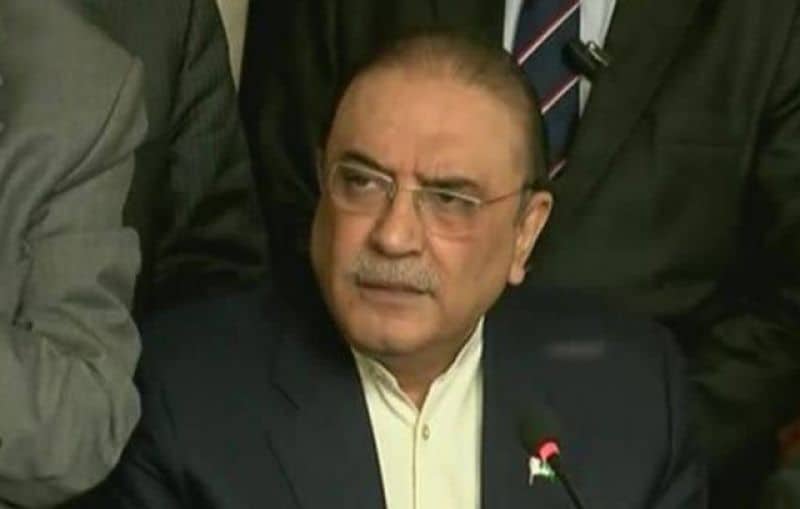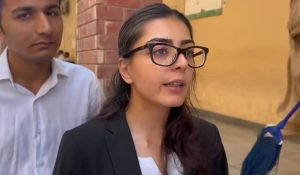ISLAMABAD – After failing to reach consensus in all parties conference, Pakistan People’s Party (PPP) co-chairman Asif Ali Zardari said on Monday that his party was not opposing an extension to military courts.
Zardari while addressing a press conference added that PPP would give a nine-point set of recommendations to the government in this regard.
According to Dawn news, the PPP’s suggestions are:
- Military courts shall be presided over by one sessions judge or additional sessions judge with a military officer.
- The sessions/additional sessions judge will be nominated by the chief justice of Pakistan.
- Period will be for one year from starting date.
- Right of judicial review by high courts under Article 199 of the Constitution.
- High court shall decide case within 60 days.
- Accused to be produced within 24 hours before the concerned court.
- Accused to be supplied with grounds of arrest within 24 hours.
- Accused shall have right to engage counsel of his choice.
- Provisions of Qanoon-i-Shahadat 1984 shall apply.
He said that his party is only forwarding recommendations and not going against the military courts. Zardari added that the PPP would raise the issue in the Parliament.
On March 4, Pakistan Peoples Party Chairman Bilawal Bhutto Zardari said after holding PPP’s all parties’ conference that a draft would be presented after consultation with legal experts regarding the extension of military courts, as political parties could not reach a consensus in this regard.
Bilawal had said no consensus was reached on the extension of military courts, and that a final decision will be taken after consultation with legal experts.
He had said that they have reservations about military courts and opposed their restoration for a further two years.
The Pakistan Tehreek-i-Insaf (PTI) and Muttahida Qaumi Movement (MQM) did not attend the conference, while the ruling PML-N was not given an invitation.
After a series of fruitless meetings, parliamentary leaders on February 28 agreed to extend the tenure of military courts for another two years with PPP disagreeing with the decision.














